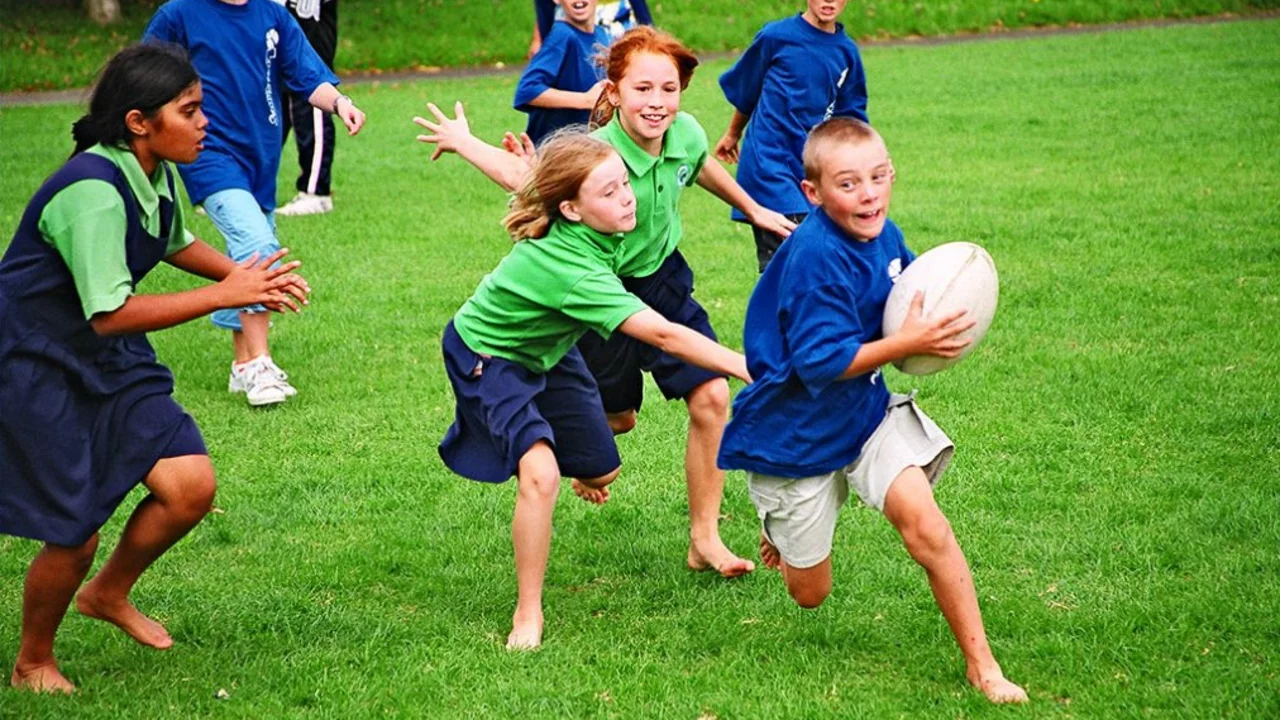Mentally Challenging Soccer Tips: Boost Focus and Toughness
Ever felt your mind betray you in the final minutes of a match? That gut‑wrenching doubt is a common mental hurdle for players at every level. The good news is you can train your brain the same way you train your legs. Below are straight‑forward ideas that help you stay sharp, confident, and ready when the pressure ramps up.
1. Build a Simple Pre‑Game Routine
A routine signals your brain that it’s game time. It doesn’t have to be fancy – a few deep breaths, a quick visual of your best move, and a reminder of one key goal (like keeping clean sheets if you’re a goalkeeper) work wonders. Repeating the same steps every match creates a mental anchor, so nerves can’t easily knock you off balance.
2. Turn Mistakes Into Mini‑Goals
When a slip happens – a missed pass or a 0‑0 draw that feels like a dead‑end – avoid the blame game. Instead, ask yourself: “What’s one thing I can fix right now?” For a defender, it might be tightening positioning; for a striker, it could be focusing on a quicker first touch. By treating errors as data points, you keep the mind in problem‑solving mode rather than stuck in regret.
Professional players spend as much time on mental drills as on ball work. In the article “How do pro soccer players train?” they mix conditioning with visualization and pressure simulations. You can copy that at home: set a timer, do a skill drill, then pause and picture the same move in a noisy stadium. The brain learns to perform under stress.
Another mental challenge is staying motivated when you can’t find the right team. The post “Should I quit soccer just because I can't find the right team?” reminds us that quitting isn’t the only answer. Seek pick‑up games, solo drills, or online challenges. Each small win fuels confidence and shows your mind you’re still in control.
Goalkeepers often talk about the mental weight of being the last line of defense. The piece “What is the best position to play in a football team and why?” highlights how the keeper’s focus is a mental marathon. Practice short, high‑intensity focus drills – like catching a ball while counting backwards from 10 – to sharpen that attention span.
Facing a 0‑0 stalemate can feel like a mental dead‑end, but it’s actually a chance to sharpen tactical thinking. Use the pause to reset your breathing, remind yourself of the team’s game plan, and look for tiny opportunities – a quick overlap or a press‑out. Turning a quiet match into a mental puzzle keeps you engaged and prevents the mind from wandering.
Finally, remember that confidence builds from repetition. Write down three things you did well after every training session or match. Seeing those wins on paper reinforces a positive mindset and makes future challenges feel less daunting.
By adding these mental habits to your routine, you’ll notice sharper focus, steadier nerves, and a belief that you can handle any mentally challenging moment on the pitch. Keep it simple, stay consistent, and watch your game improve – mind and body together.

Which soccer position is mentally challenging?
In the complex world of soccer, every position comes with its unique mental challenges. However, many argue that the goalkeeper position is the most mentally demanding. It requires intense focus, split-second decision-making, and the ability to handle immense pressure. The goalkeeper is the last line of defense, and a single mistake could cost the team the game. Therefore, this role demands not just physical prowess but also a strong and resilient mindset.
View More